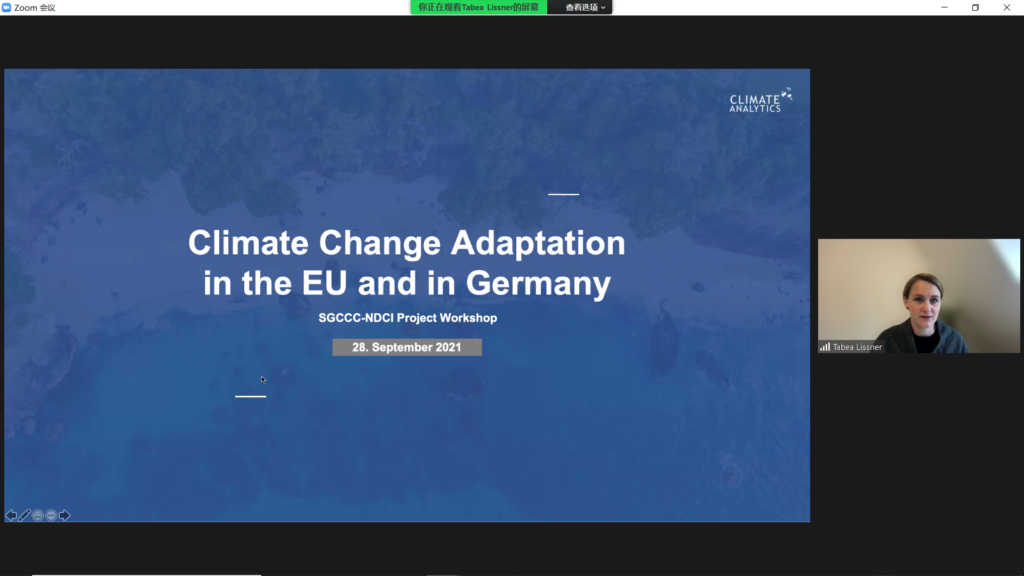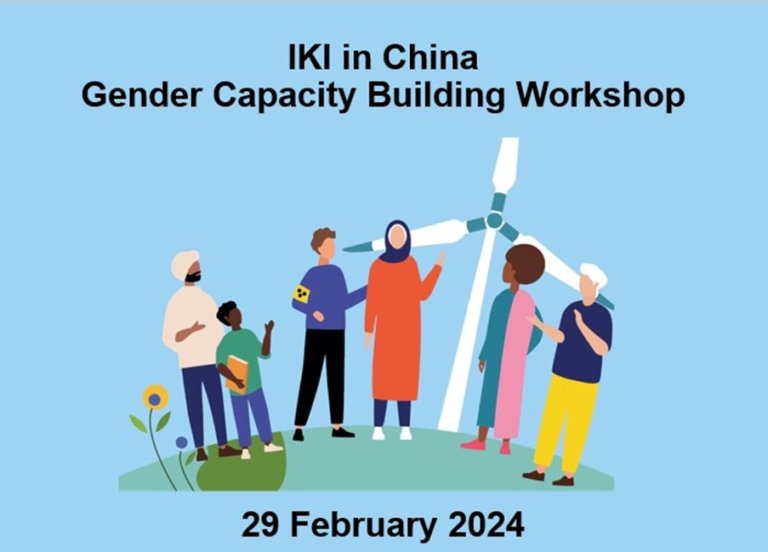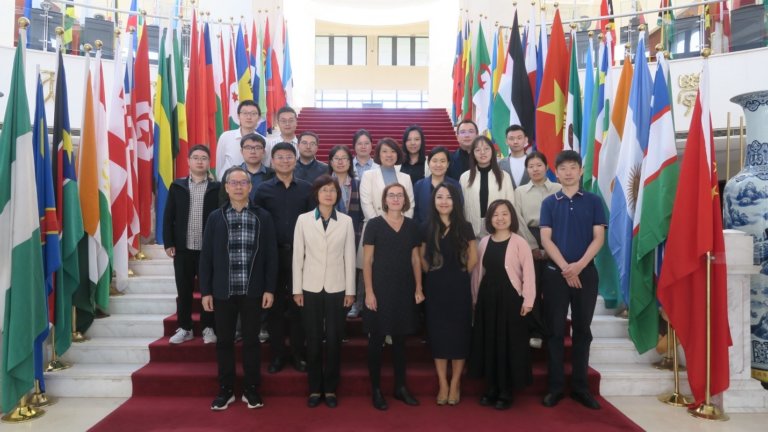On 28 September, Chinese and German experts came together to discuss pressing issues and best practices on adaptation to climate change.

The workshop on the Chinese national adaptation strategy was hosted on 28 September and connected experts from the German think tank Climate Analytics and the Chinese National Center for Climate Change Strategy and International Cooperation (NCSC). The experts from both sides exchanged views on adaptation strategies and discussed possible areas of future cooperation.
It was the German side that opened the floor by presenting the new EU Strategy on adaptation to climate change as well as the German strategy for adaptation to climate change. As to the experts, the 2021 EU adaptation strategy builds on the 2013 EU strategy on adaptation to climate change and is oriented towards smarter, faster, and more systemic adaptation as well as international cooperation.

Especially the umbrella term of smarter adaptation was further outlined: In their strategy, the EU focused on the objective of closing knowledge gaps on adaptation, especially concerning adaptation costs, benefits, and distributional effects to enhance the impact of adaptation measures. Concerning the indispensable collection of comprehensive data on climate-related risks and losses, the experts then presented Climate-ADAPT, a climate database created by the European Commission and the EEA.
By referring to a widening adaptation gap, the experts then underlined the overall need for fast adaptation projects. Finally, adaptation was to be implemented systematically on all levels and set within an international frame given the interconnected need for resilience.
The experts then shifted from the EU to the national framework in presenting key points on the German adaptation strategy which has been in place since 2008. Core objectives of the strategy include identifying and defining possible long-term climate impacts for Germany, risk assessment, raising awareness among stakeholders, providing a basis for decision making, indicating action options, coordinating and defining responsibilities, and implementing measures.
The German side closed with an elaboration on monitoring, reporting and verification (MRV) systems embedded in the German strategy’s framework.
The Chinese expert then elaborated on the Chinese national strategy for climate adaptation, which was first introduced in 2013. The strategy reviews measures that have already been implemented to mitigate and adapt to climate change, highlights adaptation gaps and defines adaptation objectives for 2013–2020. Moving on with the principal objectives of the strategy, the Chinese side referred to the necessity to increase the climate resilience of various sectors, such as infrastructure, agriculture, forests and ecosystems, human health, and tourism. The expert explained that due to China’s vast territory, it was indispensable to implement different measures in form and scale according to local circumstances. Finally, the strategy comprised supportive measures such as institutional development, risk assessment, capacity building, and fundraising.
The Chinese side closed their presentation by agreeing to the urgent need for international cooperation given the worldwide scale of climate risks and giving a forecast on the coming strategy for the period until 2035: Compared to the 2013 version, this strategy will contain a stronger emphasis on social resilience, focusing on the interaction between climate change and urbanization as well as on social and economic aspects such as infrastructure, the service industry, and climate-sensitive industries. The new strategy is currently under development by NCSC.
In their subsequent discussion, the experts from both sides looked at possible areas of cooperation. In general, the participants saw a lot of potential for cooperation in the suggested areas and proposed to go into more detail on how exactly the cooperation could be implemented. Further items of the debate were the development of reporting schemes toward adequate scales of resilience, as well as the efforts of both China and Germany to issue adaptation standards.
The event closed with a brief discussion on the next steps among the participants.



